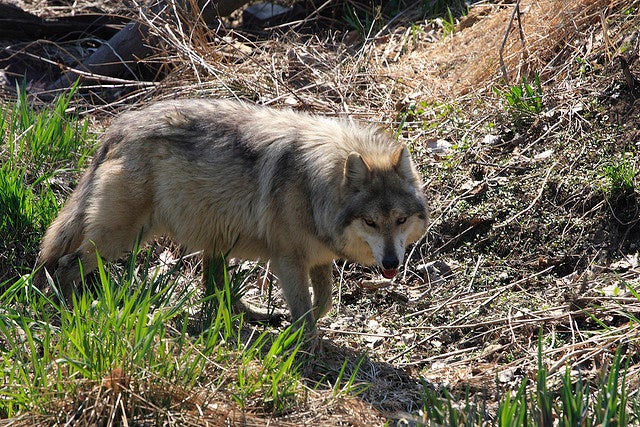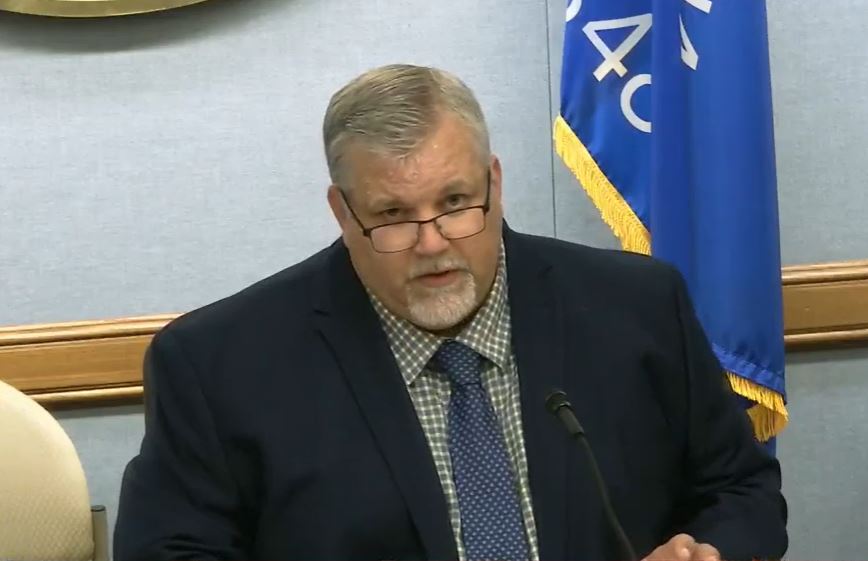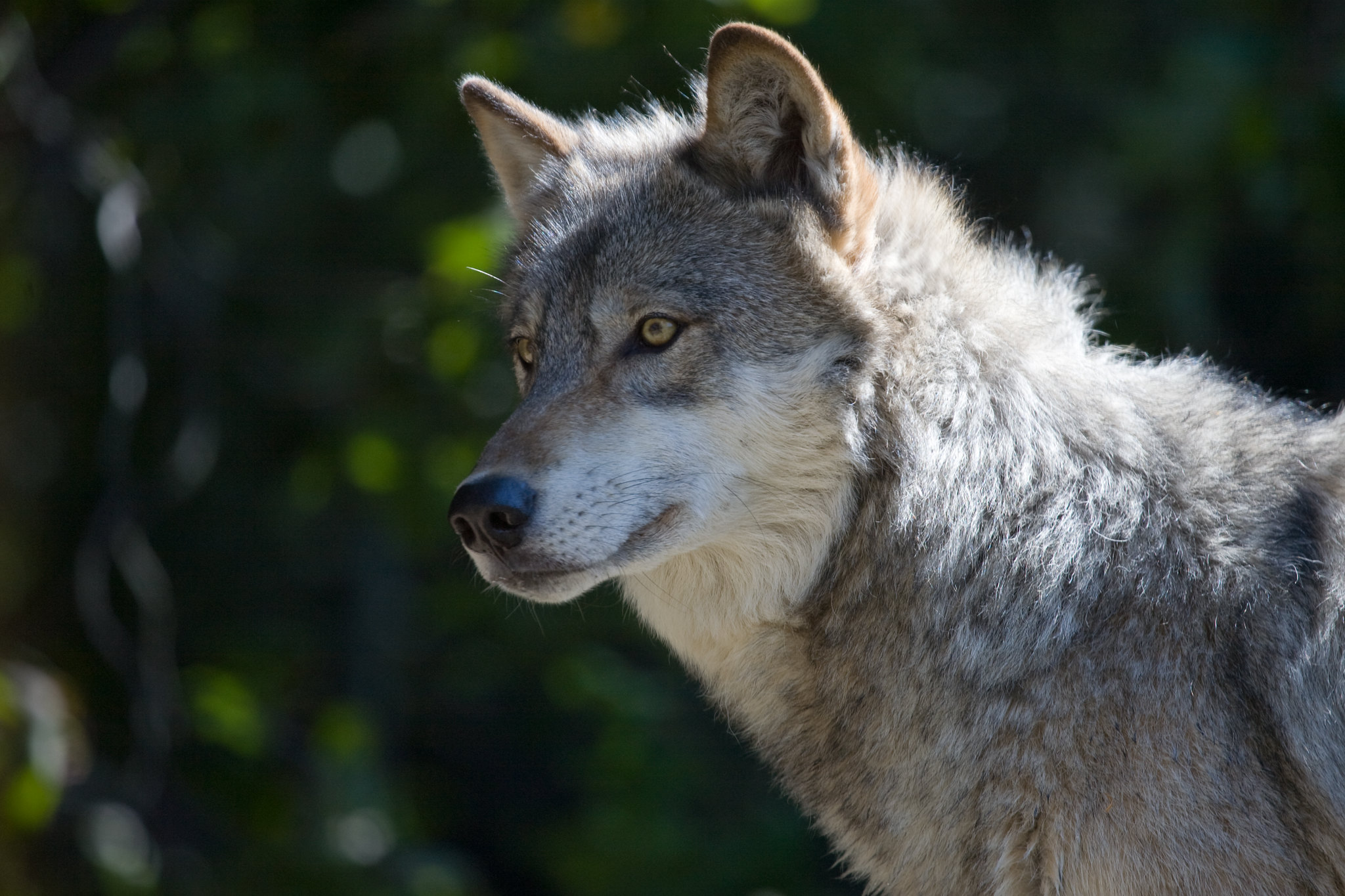Wisconsin’s Indian tribes and the Department of Natural Resources are disagreeing on how treaty rights apply to the state’s fall wolf hunt.
According to Anishinaabe teachings, the wolf is a brother to original man and is a sacred part of tribal culture. Mic Isham is a Member for the Lac Courte Oreille’s Tribal Council. He says the wolf is as sacred to native people as the Holy Spirit is to Catholics. “The wolf was put down here on the earth to be our companion and our teacher, and as the wolf goes, we go. The wolf is our brother so if the wolf was in peril, we’d be in peril. If the wolf is doing well, we’d be doing well.”
Last year, the state legislature ordered the Department of Natural Resources to organize a state wolf hunt to control the population and reduce predations on livestock. The target is 350 wolves. Now the state and tribes disagree on how treaty rights apply here.
Stay informed on the latest news
Sign up for WPR’s email newsletter.
The DNR says it has the authority to regulate wolves, but must share the wolf harvest in ceded territories. Jim Zorn of the Great Lakes Indian Fish and Wildlife Commission disagrees. Zorn says, “Here, the tribes are taking the view that their treaty rights in the ceded territories for wolves involve the presence of the wolves rather than their killing.”
He says that means Wisconsin tribes must protect the wolves’ recovery until they retain their entire original habitat. “It is the presence of the wolf that is what is necessary for the tribe to really continue their culture and their life ways as they believe they have reserved in the treaties.”
Zorn says it is too early to know if the tribes will take legal action against the state to block the wolf hunt. The intertribal task force that deals with treaty rights is scheduled to meet September 6.
Wisconsin Public Radio, © Copyright 2024, Board of Regents of the University of Wisconsin System and Wisconsin Educational Communications Board.





